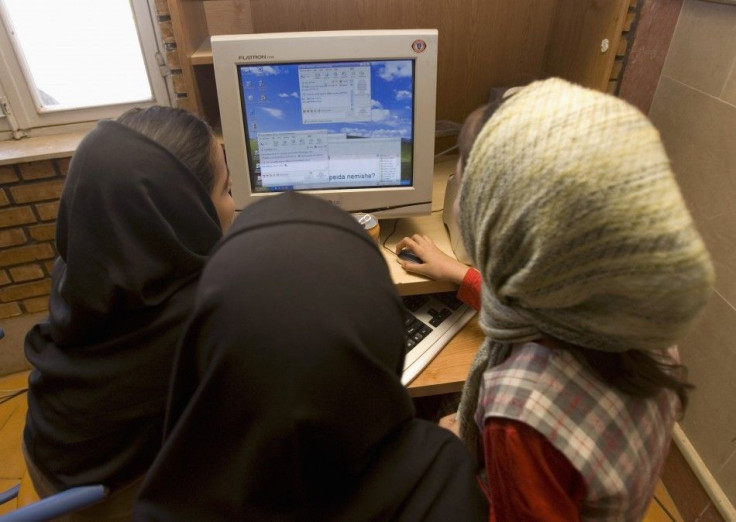Cyber-Rebels See Way To Get Around Iran’s VPN Internet Block

Good news for Iran’s bloggers. Just days after the discovery that the Iranian government is tightening its grip on Internet access, at least one group says it's found a way around the newly instituted blockage of Virtual Private Networks.
Project Ainita, an anti-censorship and pro-open source nonprofit, whose website is in both English and Farsi, posted this entry on Monday morning, advising readers to use both “HTTPS Everywhere,” a website encryption service, and “PROXIFIER,” an online privacy and anti-firewall service. The post claimed that “everything works!” if these two services are used together.
Project Ainita did not immediately respond to a request for comment, but the blog has been reporting heavily on the VPN outage that Reuters reported on Sunday, in a story saying that the government had shut down access to “illegal” VPNs, a tool commonly used by Iranian bloggers to bypass the highly censored Iranian internet. The crackdown actually began weeks earlier. In fact, in an interview with Mehdi Akhavan Behabadi, the head of the Iranian government's Supreme Council of Cyberspace originally conducted with Khabar Online, Behabadi explicitly said “All the VPN ports will be blocked by next month.”
Behabadi also told the Tehran Chronicle on Feb. 22, "By launching this program, [the] Iranian government can prosecute users who are violating state laws and [the] Internet Filtering Committee will be able to take offenders to national courts under supervision of judiciary service."
On Feb. 20, Project Ainita reported that the government had begun tracking users who were accessing the “approved legal VPNs,” and accessing their private information. On Feb. 24, Ainita said users who were attempting to use secure private connections were having trouble accessing Facebook, which is usually blocked by the government. Then last Thursday, it reported “heavy disruption” in the VPN and Secure Sockets Layer (another type of secure connector).
In January, Ramezanali Sobhani-Fard, the head of Parliament's information and communications technology committee, told the state’s official Mehr News Agency that Iranians would soon be able to purchase “registered VPN connections,” which will allow the government more agility to monitor Internet traffic.
Popular sites such as Facebook, YouTube, and Google’s email service Gmail have been blocked in Iran for several years. There are some reports that the latest crackdown may have inadvertently also blocked Google and Yahoo.
Last September, the Iranian government said it was planning on rolling out a domestic Internet, which many feared would be yet another move to control overall Internet access. The promised (or dreaded) new Iranian Internet has not been implemented yet, but with this latest VPN shutdown it could be coming soon.
Editor's Note: This piece was updated at 10:20 on March 13, 2013. Project Ainita did not conduct the original interview with Mehdi Akhavan Behabadi; he originally spoke with Khabar Online.
© Copyright IBTimes 2024. All rights reserved.






















